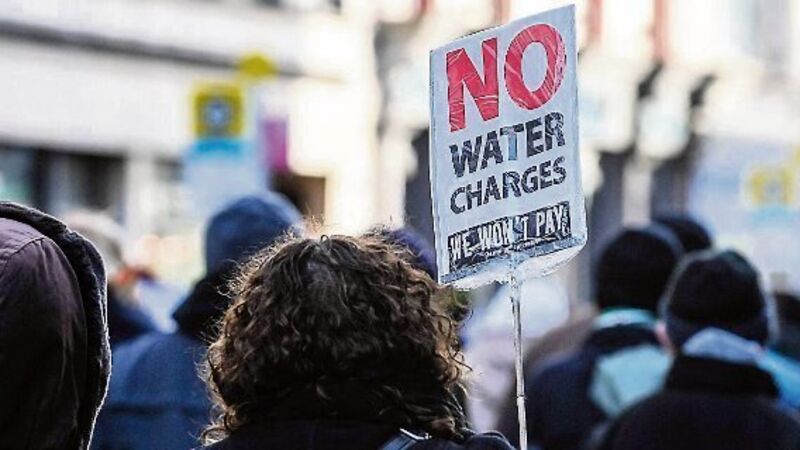Truth is that people are not angry about water charges but about lies

The third biggest electoral revolution in Western Europe since the Second World War brought in a government that followed an economic policy written by the previous administration. But that’s not the problem. The problem is that the Government said they would do something different and the people believed them.
Blaming every unpopular decision on the Troika worked for a while, although anyone who knew anything knew the Troika only insisted on the bottom line, not how it was reached.















